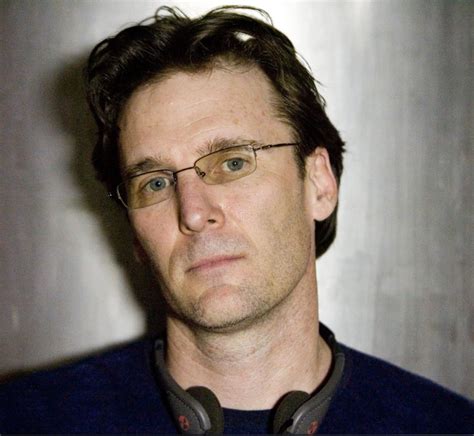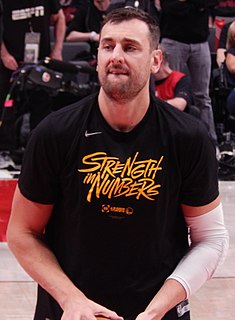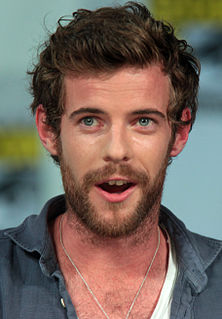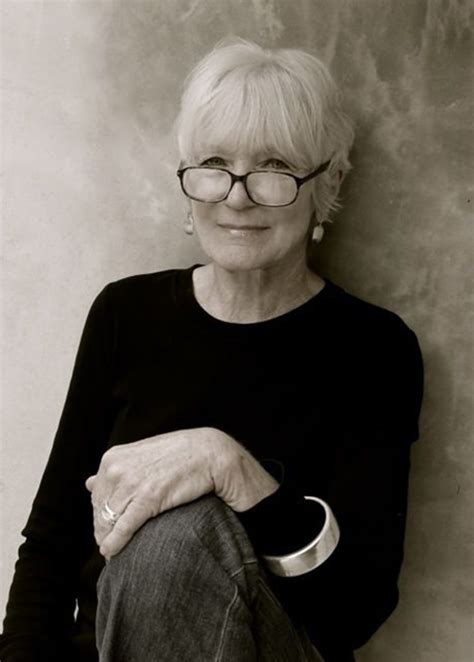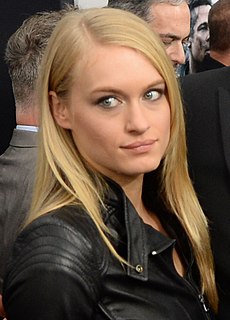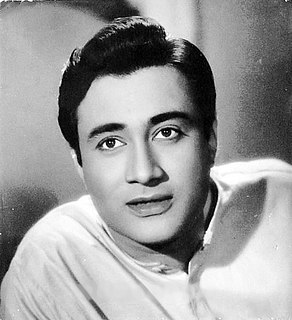A Quote by Daniel Myrick
I think that's what's happened with a lot of people in films these days: they're so enamored with the process, whether it's CGI or using a huge crane that they lose sight of being resourceful. Sometimes you go into a room and all you need is one lamp to light the room. Sometimes all you need is just one simple location to do the job. I think that's more out of habit: you work with what you have to work with.
Related Quotes
I don't think you ever want to be too settled, because once you become settled, you lose a lot of your drive. I mean, I am settled off the court; the business side of things, the papers, contracts and all of that, but there are a lot things that I need to work on, on the court, like my free-throw shooting, which has been terrible. I need to work on being more demanding in the post. My teammates are going to come to me and I just need to go out there and score in the post, which will open up things for our guards.
Sometimes I need silence; sometimes I need voices around - but not too loud or distinctive. I guess it depends on the piece in question, what stage I'm in. I think some voices can help me not to try too hard - especially at the beginning stages. Does that make sense? By some voice I mean, low chatter in the room. When there's low chatter in the room, I'm a little more relaxed, my mind might be a little more open.
I think some people need the assurance of people around them and ideas worked out in advance. I think it keeps me an edge that to be creative on the spot. You have to think of things to do when you meet people. You limit your choices from the beginning. So I don't bring a lot of lenses, cameras, all these elements that can help the picture to a shooting. You confine yourself to, say, one room and you just make it work. You become very creative in that little space. You have left a lot of other options out of the game.
Personally, I just want to work on stuff that challenges me, that excites me, and that I think is original. You want to do something that does to other people what films do to you. It's the most wonderful thing in the world when you can lose yourself from reality and go into a story, and believe it and go on that journey with people, and you have to work that will somehow do that. It won't always, but hopefully sometimes.
I love the variety of films. In theater, you go into a room and the director runs the room, so you all work to his or her method. On film, if an actor or an actress is in for a day or two, the director has to get out of that actor what they need, so they have to change and adapt to that actor's technique.
Sometimes to write you need to do more than just appear at your desk-you need to take care of the part of you that dreams and imagines and creates. Reading can usually do this for writers, but sometimes you also need to watch films, listen to music, go to an art museum, or see a play. Or just sit outside and soak up the sky.
Coming at the acting business as a technician, I really enjoy the process of working. I really enjoy being in a rehearsal room, starting a theatre piece for the first time. I really enjoy shooting in front of the crew, and I really love going on location. I think all that is just so exciting. So I've never really been drawn into the fame of being an actor, which in L.A., is part and parcel of the deal. I think for a lot of people, especially kids, it's hard to not get wrapped up in the world of the perks that the job brings.
I work a lot, and I prepare a lot. I think that's really important when you live in LA, to go the extra mile for whatever it is that you're trying to achieve. You realize out here that when you stop moving so fast, it's a lot harder than you thought. A lot of hard work has to go into your career, and preparation, and being your best at all times. I think you just have to always present yourself at your best, and you just need to be prepared all the time. Looking good, and feeling good, and being positive, and being in the right set of mind to accept whatever comes your way.
All I've learned is that you need the studio system sometimes, if your budget is a certain size, and other films you can do independently. When I think of a studio, I generally think of distribution. Since I'm a director, I have a similar creative experience on every film I do, because I can control that. But then it's a different film, I think, as it reaches the public, depending on the way it's marketed. I don't know. I haven't learned much of anything. Sometimes you need them, sometimes you don't. Sometimes they want you, most of the time they don't.
I've noticed a lot of people talking about the wealth of roles for powerful women in television lately. And when I look around the room at the women here and I think about the performances that I've watched this year, what I see actually are women who are sometimes powerful and sometimes not. Sometimes sexy and sometimes not. Sometimes honourable and sometimes not. And what I think is new is the wealth of roles for actual women in television and in film. That's what I think is revolutionary and evolutionary and it's what turning me on.
Sometimes you're a psychiatrist and sometimes you're a group therapist. The dynamics in between people and the misgivings sometimes that artists have when they get into the studio because they're under a different level of scrutiny. A lot of them can be insecure about it. My job is not simply to make musical determinations but sometimes to just keep people from flipping out during the process.
